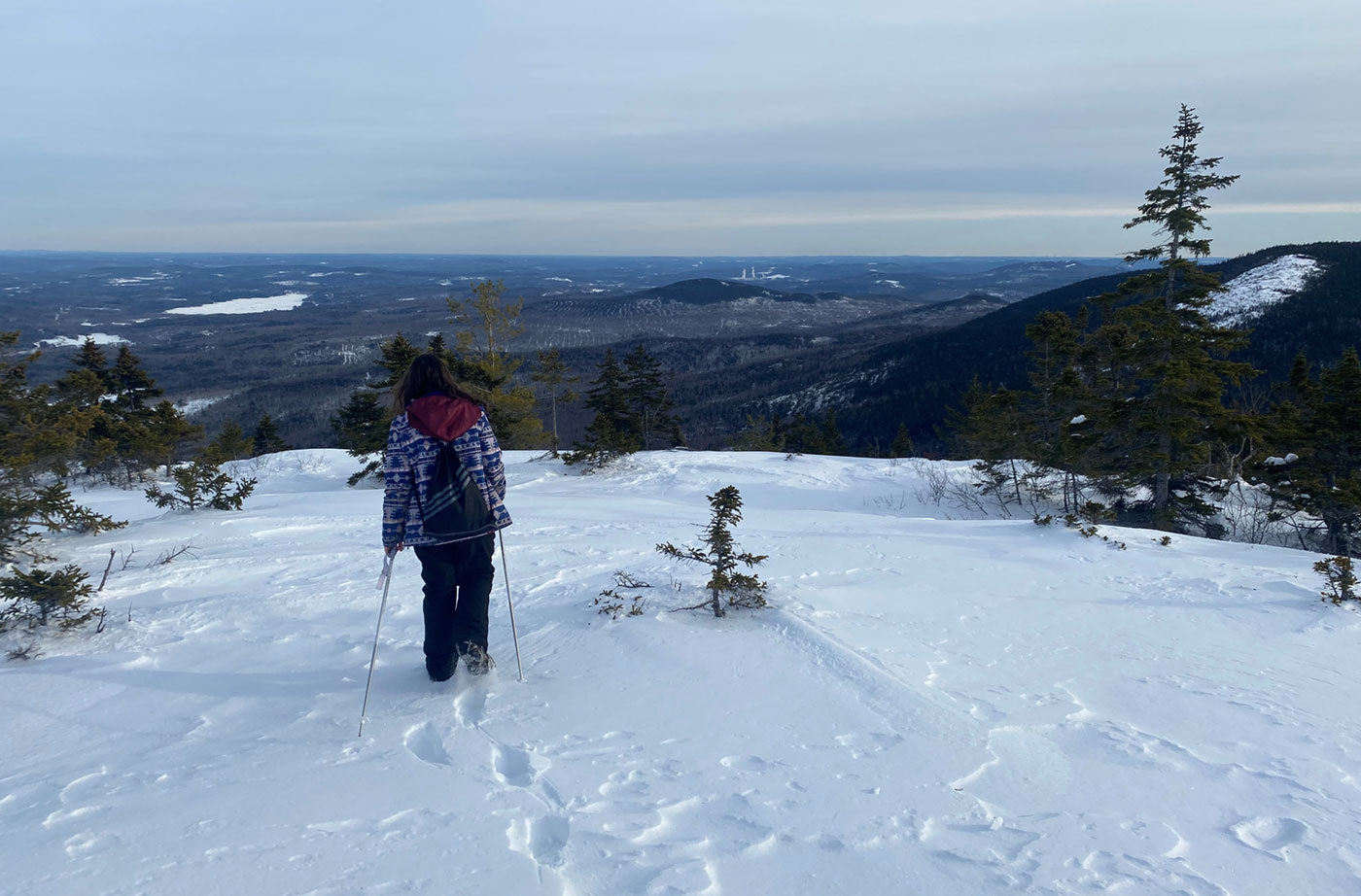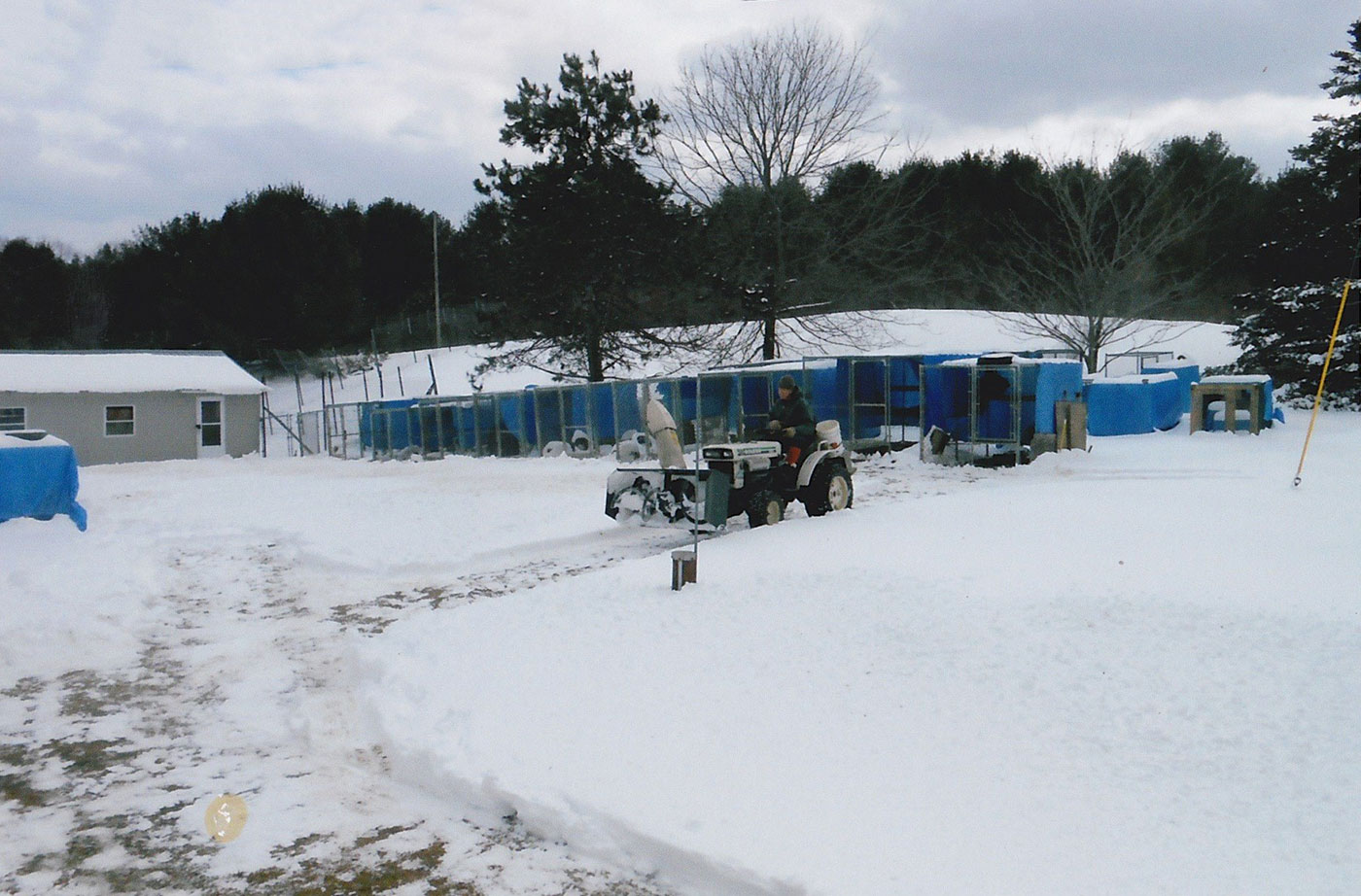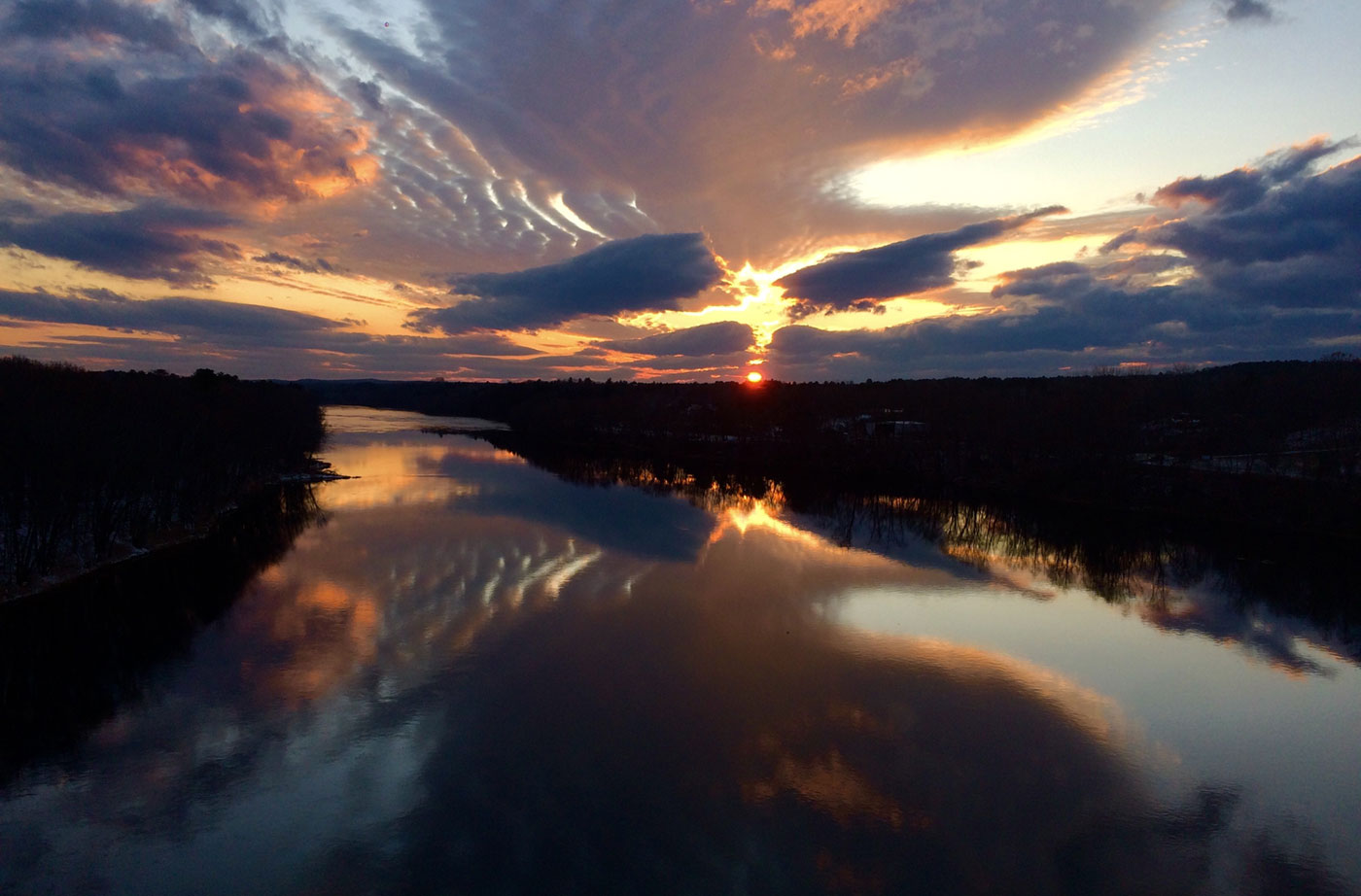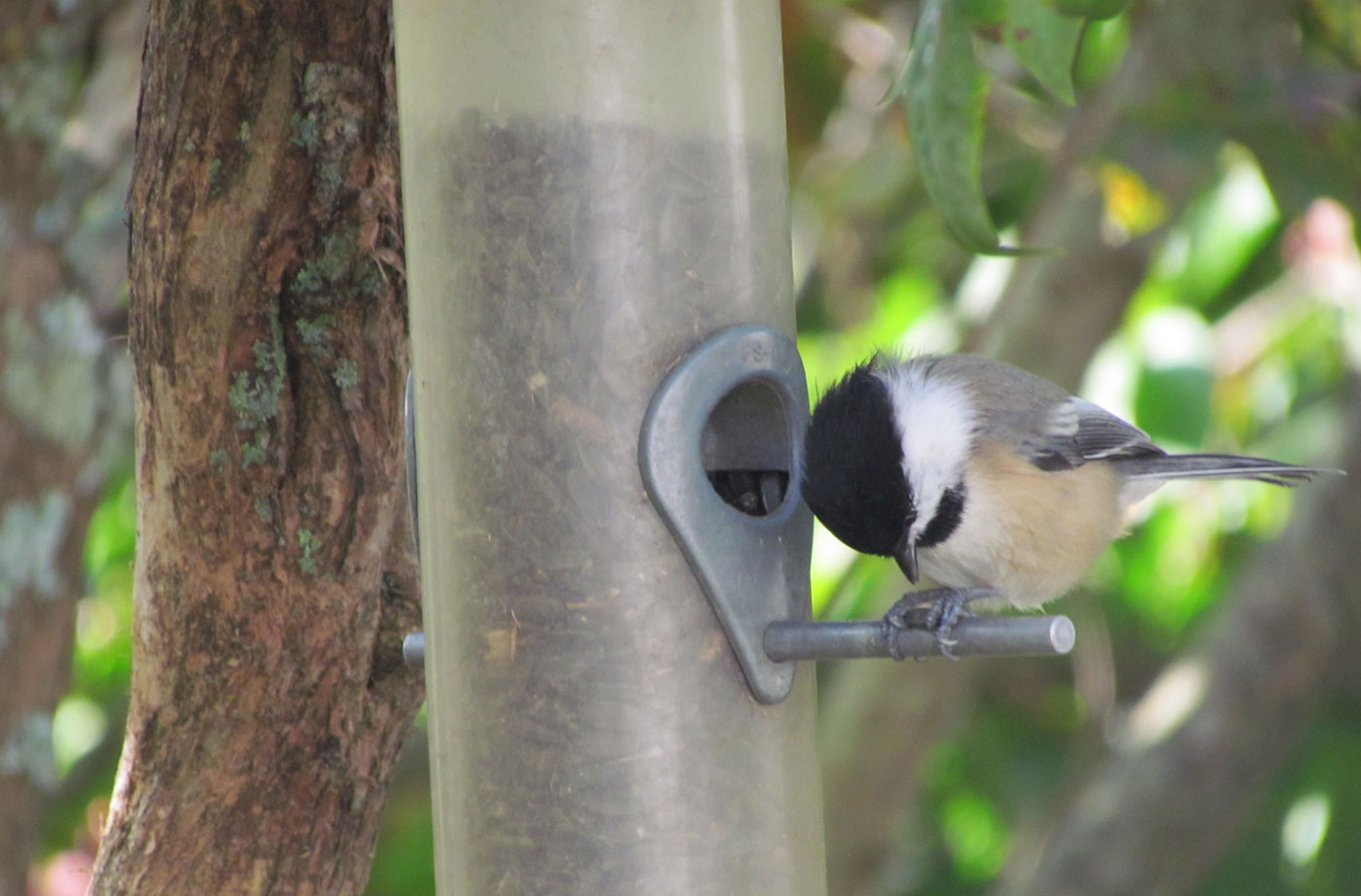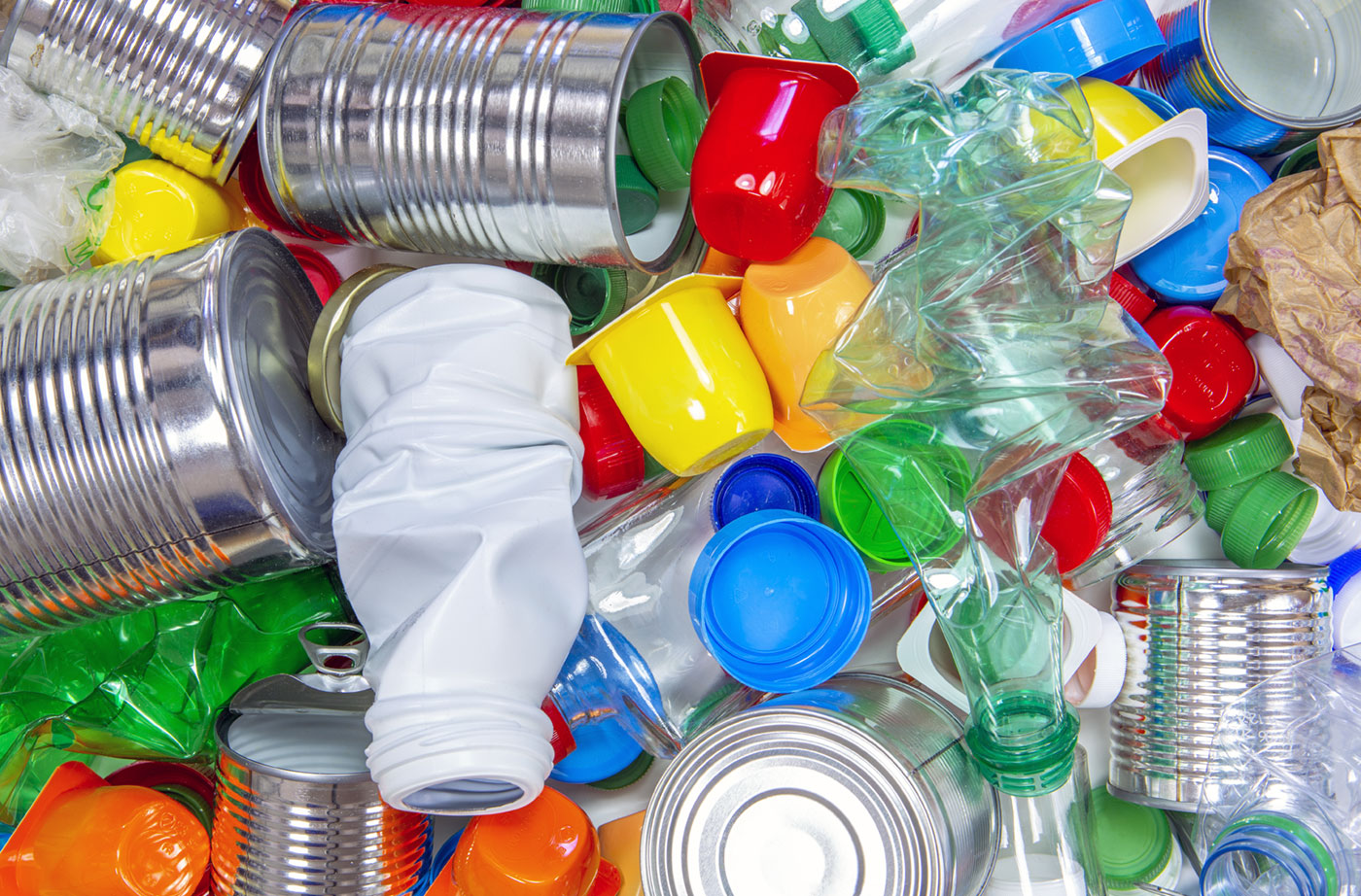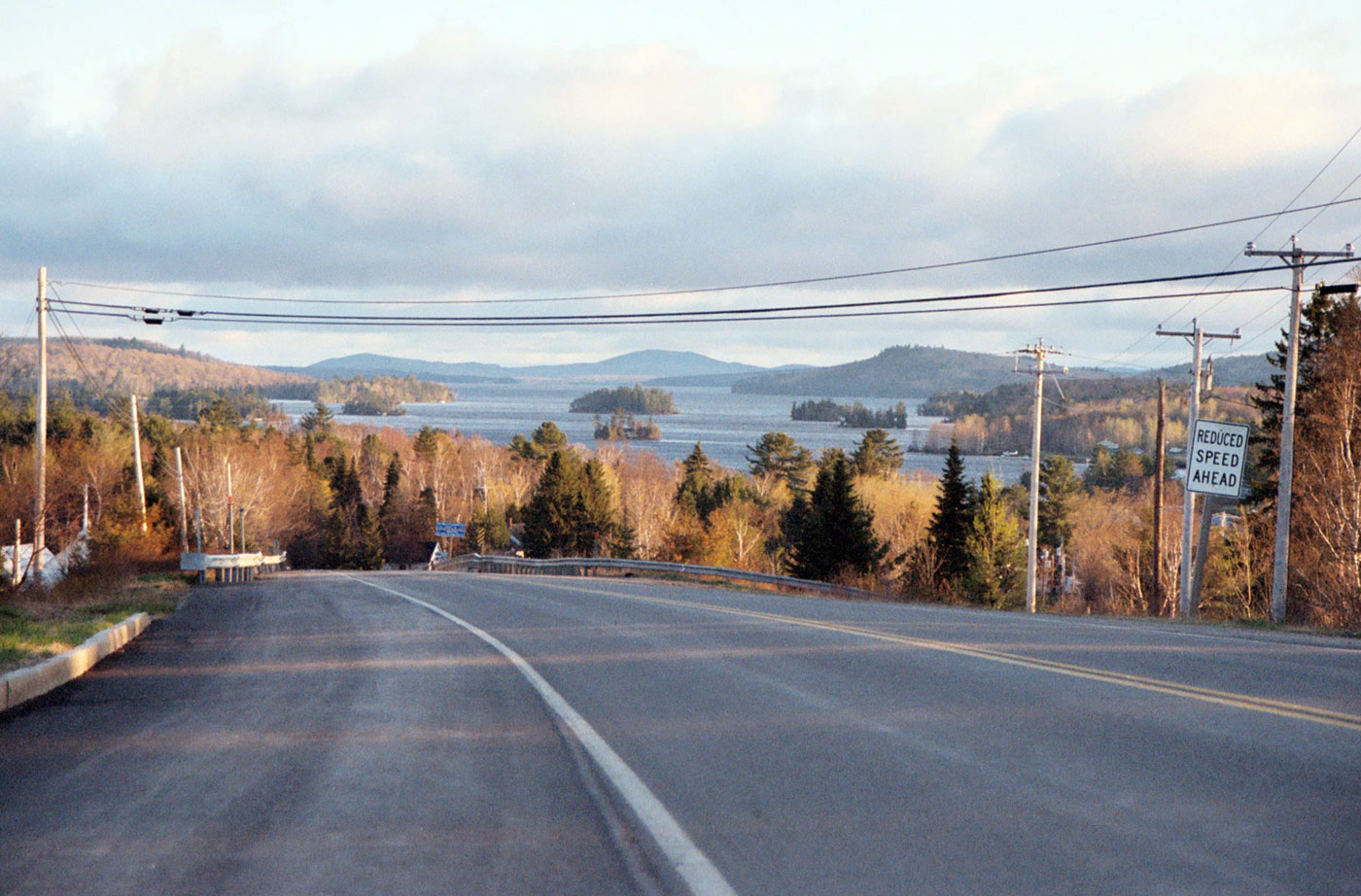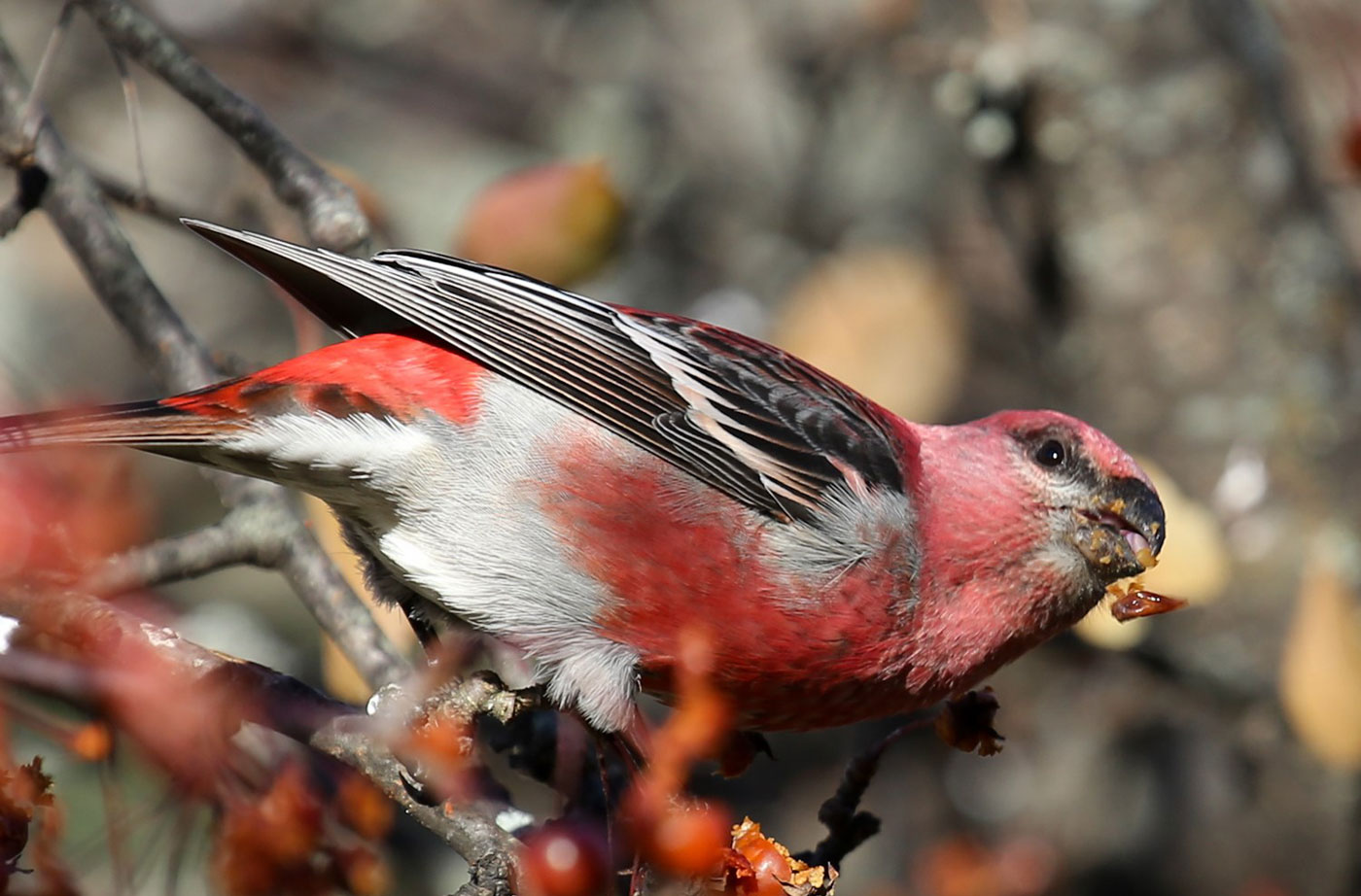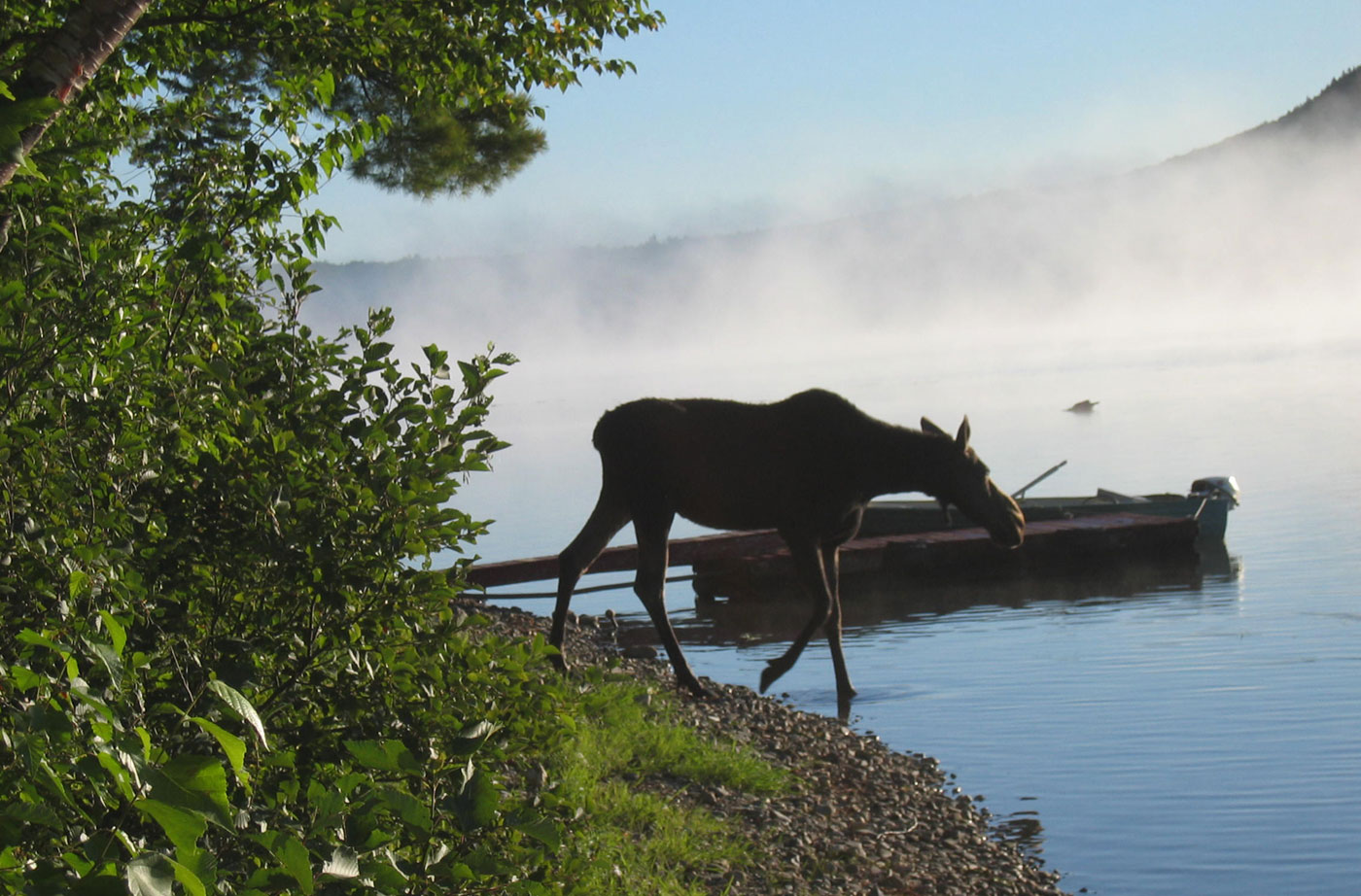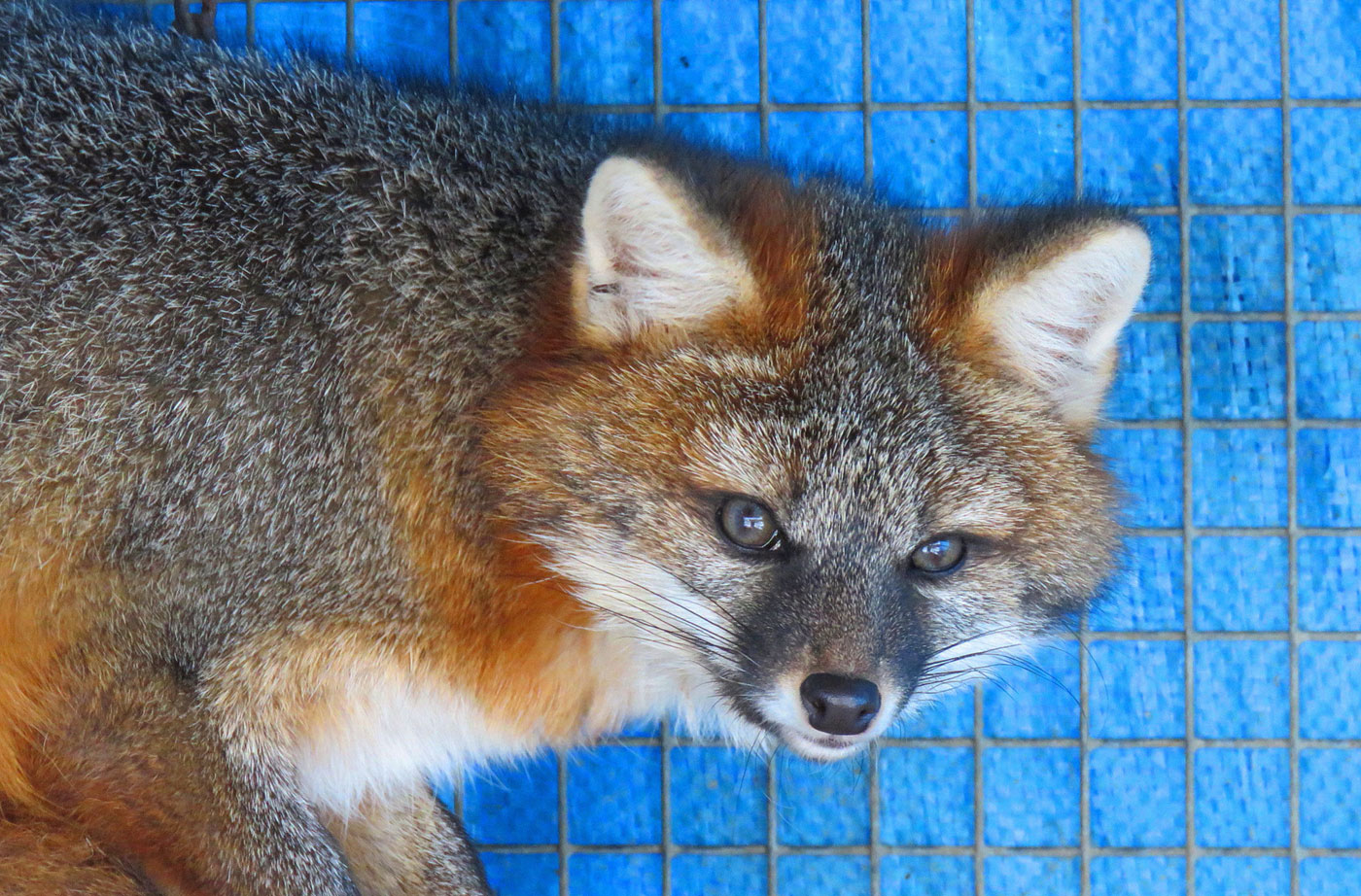Imagine waking up every morning with a chance to conduct important advocacy research that could directly help influence what legislative bills are passed in Maine this year. Imagine spending every day attending interesting meetings full of smart, passionate people speaking about their work on environmental topics, ranging from climate and clean energy to developing outreach Read More
Nature of Maine Blog
The Natural Resources Council of Maine’s “Nature of Maine” blog gives you the inside scoop on some of the latest issues facing Maine’s environment. From environmental news to threats to opportunities, NRCM is on the frontlines of the latest goings-on—and we’re often leading the charge on efforts to protect Maine’s precious lands, air, waters, and wildlife. Read what NRCM staff members have to say and get the perspective of some of our members and supporters who have been guest contributors.
Perhaps you have an issue you’d like to write about. Maybe you’re an expert on a particular topic and are inspired to share your expertise. Maybe you’ve recently made a visit to a spectacular Maine nature preserve or other natural area and would like to write about it (captioned photos welcome!). For submission guidelines, email nrcm@nrcm.org.
Critter Chatter – You Can Make a Difference!
You might think that winter is a respite for Don Cote and the three “regular” volunteers at the wildlife center. While it’s true they don’t have admissions of newborn animals, the months after fall releases and before springtime births are hardly quiet. There are still critters on-site that were not old enough or healthy enough Read More
Continuing the Restoration of Maine’s Kennebec River
Atlantic salmon are on the brink of dying out in the Kennebec River because of Brookfield Renewables’ four dams between Waterville and Skowhegan. The Natural Resources Council of Maine is working as part of the Kennebec Coalition to restore a healthy, free-flowing Kennebec River for Atlantic salmon by removing all four dams. Maine’s Department of Read More
Bird-feeding Tips for a Purpose
February has beenall about birds, at least for us bird enthusiasts. For one thing, the Great Backyard Bird Count (GBBC) took February 12 through February 15. We have fond memories of our years at the Cornell Lab of Ornithology, one of our best being the brainstorming we did with National Audubon as we all tried Read More
Top 5 Take-Aways from Maine’s Latest Waste and Recycling Report
The Sustainable Maine team at the Natural Resources Council of Maine (NRCM) is laser-focused on three bills that will make a huge difference in addressing serious problems and troubling trends with our recycling and landfilling system. Maine people want to do the right thing for the environment, but we need better policies in place if Read More
Your Voice Matters: Preservation of Maine’s Iconic Moosehead Lake Region
There is a view in Maine, one that is not secret and is likely blazoned upon many a postcard and photograph, that takes my breath away and puts me at ease every time I see it. You only get it for seconds, maybe minutes, before it vanishes, not to be experienced until you return to Read More
Irruption Underway: Keep an Eye Out for Winter Finches
In Florida, a Purple Finch was recently spotted as far south as Sarasota, and Red-breasted Nuthatches were found at Cape Canaveral. And get this: A Pine Siskin was heard flying over Everglades National Park! Meanwhile, Pine Siskins and Red-breasted Nuthatches were reported far, far to the north in the tiny community of Moosonee, on the Read More
Development Pressures Driven by Pandemic Underscore Importance of Smart Planning for Maine’s Future
One sure thing about 2020 is this: Maine real estate was red hot. Driven at least in part by the pandemic and its side effects, the Maine Association of Realtors reported that home sales and prices set records in 2020, including in rural and northern Maine. Real estate transactions were up 39.14% in Washington County, Read More
Critter Chatter – Gray Fox: In a Class of Its Own
Don Cote of Duck Pond Wildlife Rehab has a soft spot for foxes. Although he rehabs mostly reds, I sense he’s partial to the grays. When I visited a few weeks ago, he led me to an enclosure that housed a beautiful gray fox, which will be released this spring, and proceeded to explain the Read More







